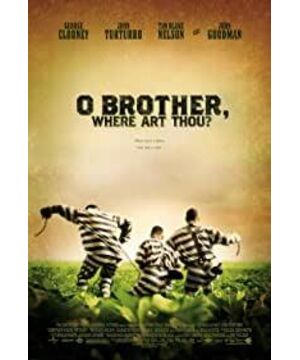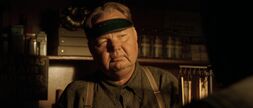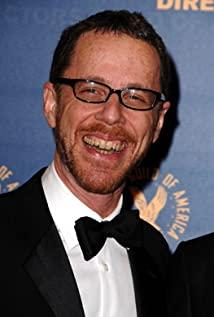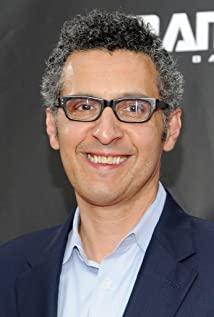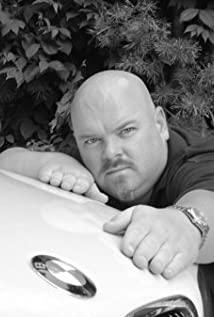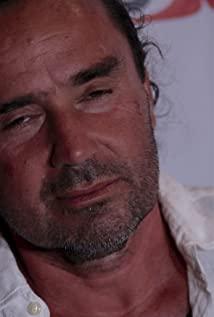Susan Sontag said that he refuses to explain-phenomenological hermeneutics is nothing more than thinking in an empathy with the hypothetical author, and the method of structuralist interpretation is nothing more than rearranging the phenomenon to apply a universal template-the structural nature of metaphors Explanation often becomes another metaphor. But the artistic eroticism she called for did not eventually become mainstream, and critics who stood on the "new sensibility" standpoint often said nothing to themselves.
Indeed, as she said, there is really no need or way to explain certain literary works. The former is a kind of work that lacks creativity in form and imagination in content. These works are like nitrogen, filling most of the space around us, but they are sucked in and released as they are. The latter kind of work is a kind of pure private art whose endogenous speech structure has been separated from all social language. This kind of work is like pure oxygen, valuable, but it cannot be used directly for breathing.
However, the parasitic species of literary critics did not perish (not only that, due to the ever-improving living environment, their team is constantly growing), because there are still some things between the previous two for them to breathe in order to release Some exhaust gas is smelled for people who like that smell.
Having said so much is just to show that the comments (exhaust gas) to be written below are neither over-explanatory nor meaningless. Because some works are clearly explanatory, any comment on such works is legal.
What I want to comment on is "Three Kings Escape", which is the post-existentialist myth in the title.
2
Here "post-" refers to the negation of "front-" in the context of "front-", or another possible discussion. Just as postmodern is anti-modern, post-structure is anti-structural, and post-colonization is anti-colonial, post-hero legend is anti-"pre-hero legend". The legend of heroes is the legend of Odysseus.
The post-hero is Everett (the role of Clooney, the full name is Ulysses Everett McGill, and Ulysses is the Roman name of Odysseus); the story of the post-hero is still the homecoming And the story of seizing his wife. It's just that Cohen relabeled the noble qualities that were advertised by the (old) morality as absurd and hypocritical.
This kind of cynical attitude can be seen in all of Cohen's films. If there is a cynical character in the film, it must be a contrast to the misery of other people who are played by the world; if there is no cynical character in the film, then Cohen will use a cynic attitude to tease everyone-this way Director, we say that they are "bad and bad".
3
At the beginning of the film, three people who escaped from prison met a dirt, black, old, and blind road patrol worker (played by Friedman). This person predicted their future experience. Finally, we Knowing that all should be admonished. Don't think that Friedman plays God, and he is playing a deified role again. Homer, who lives forever under the name of "Odysseus", is actually a blind folk singer, so the old roadman here may be just an allusion to Homer, so that the film has added a legendary color, and the modern meaning of what happened afterwards The true story has become a reasonable possibility.
Out of the post-colonial mentality that is popular in Western art, the characters of great kindness and great heroes in Western films are often black people (or other people of color), and white people have become a clear representative of the middle class. Who is the middle class? Probably it is the mundane empty middle-aged white-collar workers—I call them the living dead. Look at the other two fugitives in the film: One night, by the bonfire, Everett asked them what they planned to divide the spoils. Pete said he was going to open a restaurant in the west, where he would entertain big people. He wore a suit. Uncle, if you don't give money for meals, Dimo said that he would put the money in the face of the bank's loan manager and redeem his farm. Is it funny? Look at their expressions that are definitely not joking (that's the expression the director is joking). We know that the money is nothing but the cake that Everett drew for them. After the described plum, your little sorrow has come from it.
On another occasion, they saw a religious baptism ceremony (it was supposed to be a pagan in society at the time). After Pete and Dimo ran over and choked their noses, they vowed to feel that they were redeemed. This is the source of their sense of morality. Foucault said that guilty people are lucky because they have the possibility of being saved by God-to sin because they can be saved. Businessmen ask for wealth from the Buddha, and officials ask for power from the Buddha-faith is a means to satisfy people's sinful desires. Good men and women, hypocritical men and superstitious women.
4
Heroes of course can't do this. Odysseus is a hero who fights against superstition and evil forces. Love is his great motivation, and women are his strong will. He set moral standards for himself, and Odysseus said I just love money. Of course, Everett's selfish desire in the film is not expressed in the desire for money, but in the meticulous hairstyle and ## brand hair oil. This reminds me of "Hairspray". The background of the film is almost the era when the mass media has just emerged, and hairspray and artificial hairstyles are undisguisedly popular. After all, heroes are people of the times, people of fashion, and they can't beat the narrow collective values. Everett's loyalty to hair oil is the absurdity behind all human production activities aimed at consumption in contemporary society. Cohen is explaining this sense of absurdity, the more absurd, the more it exists-this is the embodiment of the existentialism in the title in the film.
There is more to the absurdity. Odysseus tricked him to regain his wife who still loved him. Everett also schemed to take back his wife. But what the wife wants is the big bubble created by Everett. The marriage that supported him to overcome the hardships along the way was nothing but a cake he painted for himself. Think about it, if in the story of Homer, the wife of Leodesius was also such a snobby woman, perhaps later Greek philosophers would have sighed that only women and villains are difficult to support.
When we see that the goals and motivations of our lives are so unreliable, a sense of absurdity arises. The more absurd, the more there is.
5
Everett is also in that absurdity, so he is not a cynic, he is played by the world. Are there any cynics in the film? Yes, there are two characters that make me feel extremely high. Cynical people always make me hi.
Nelson is a banker, but what he wants is not money. For humans, money is just for consumption, and then exchange for pleasure (so Baudrillard compares human money-making labor to prostitution and whoring). So people asking for money are absurd, and Nelson is actually saying this aloud. What he wanted is pleasure, he got it, directly, and got it with love. Because he hated animals, he shot them down. Yes, why can't it be killed? Animal protectionists give me a reason not to kill animals like that-YOU F**KING hypocritical person. This kind of cynical, relatively moral and enjoyable attitude always makes me happy, and people who sincerely hate animals always make me happy.
The other thing that made me happy was the old lady who had a line in the bank. "Babyface Nelson", she all mocked the robbers who fired live ammunition (she looks like Nelson his mother). This is her existence-say what she thinks is that way. It's not that she is not afraid of death, but that she knows that fear of death is ridiculous after all, and it is more real to do fun things. These people who are serious about fun always make me feel hi.
6 is
gone, there are no other cynical characters. There are only the living dead, and the living dead. They are all people who don't know how ridiculous they are. The candidate who is hungry for power is a slave who caters to the tastes of voters. Power-slave-is absurd. The demon Cyclops is a bible seller-absurd.
Cohen exposed the blindness of religious morality (religious morality/Christian morality) in mythology for thousands of years. The ancient good evolved into the present good. Now there is nothing bad, only all kinds of good-the good of the post-80s, the good of the proletariat, the good of donating 1 yuan, the good of anti-separatism.
Cynical people certainly don't have any dogma, and Cohen is certainly not reasoning. But they can rewrite "Odysseus", so I can rewrite them.
By the way, the prototype of Tommy who sold his soul is Robert Johnson.
View more about O Brother, Where Art Thou? reviews


